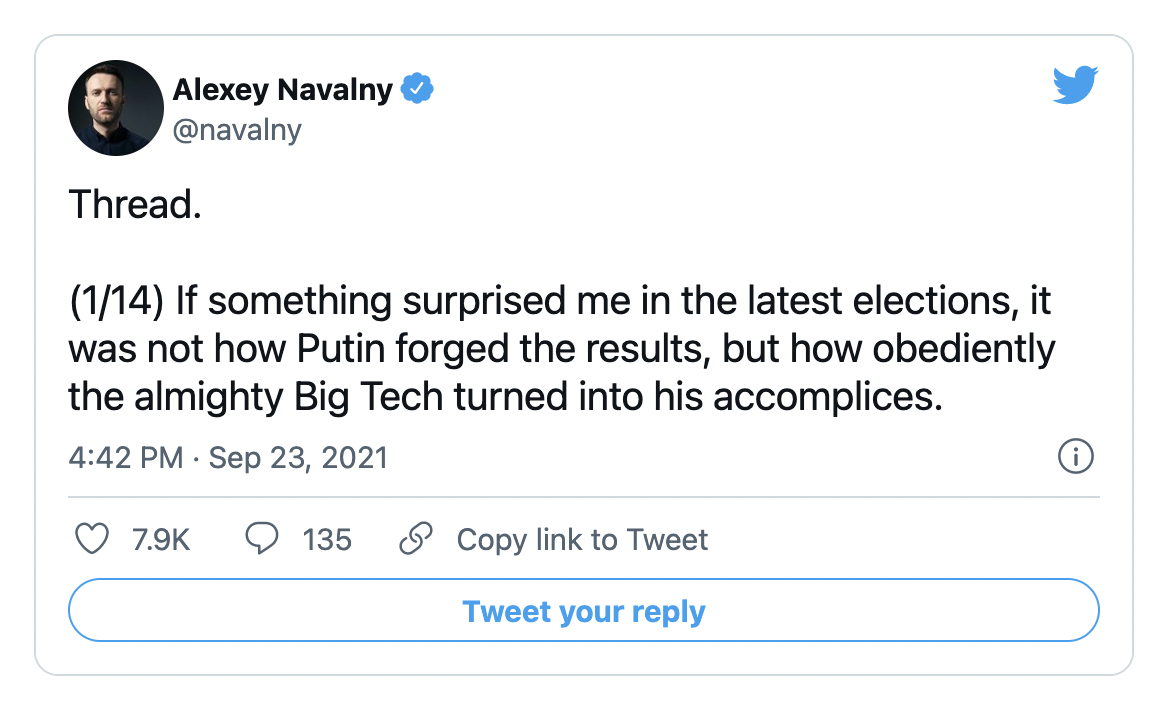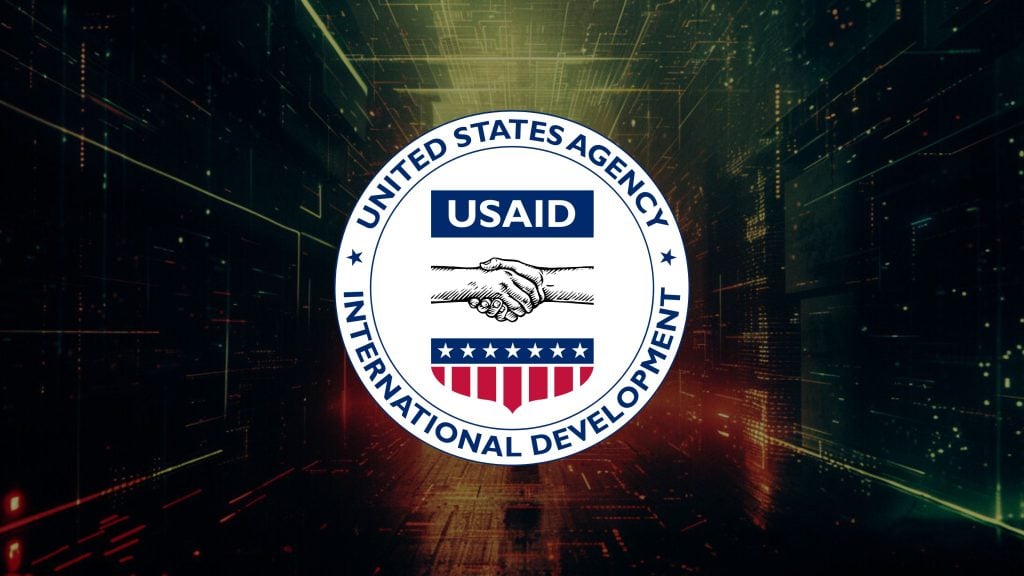YouTube, whose policies and the way it implements them are more and more often at the center of massive political controversies at home – has chosen to address one that recently happened abroad.
CEO Susan Wojcicki has spoken about the removal of videos of opposition figure Alexey Navalny in Russia, after the Russian government requested this.
“One of the things that is important to us at YouTube is the fact that we do enable so many voices, and that we do enable people to express themselves, and really celebrate the freedom of speech,” Wojcicki said, despite the mass censorship on the platform. “That’s a core value of ours.”
Appearing to speak in general about the way YouTube cooperates with governments, Wojcicki told Bloomberg TV that while its “core value” is free speech – the giant also has to consider many other elements, such as complying with local laws (clear enough), but also taking into account “what’s happening on the ground” and what she said was “a bunch of different factors” (another of her on-brand vague “explanations”).
In the West, the outrage erupted after both Google and Apple removed a voting app that Navalny was apparently behind, just ahead of parliamentary elections in Russia. Previously, the “Smart Voting App” was blocked in that country by a court order, while Google was warned that unless it complied with Russian law, its local employees could get arrested.
Other tech giants received similar warnings, saying that leaving the app on their stores would be tantamount to election interference, and would incur fines. The app worked by calculating and showing users which candidates were most likely to beat those running on the (ruling at the federal level) United Russia ticket, swaying people’s vote in that direction.
Navalny himself took to Twitter to question the integrity of the election, saying Putin had “forged the results” – but also expressed his surprise at “how obediently the almighty Big Tech turned into his accomplices.”

Bloomberg says that Wojcicki did not comment on particular requests that the company received from the Kremlin, but spoke more generally.
“Those are not always requests that make sense for us to honor, but in certain cases we will honor them in that country,” she said.






















